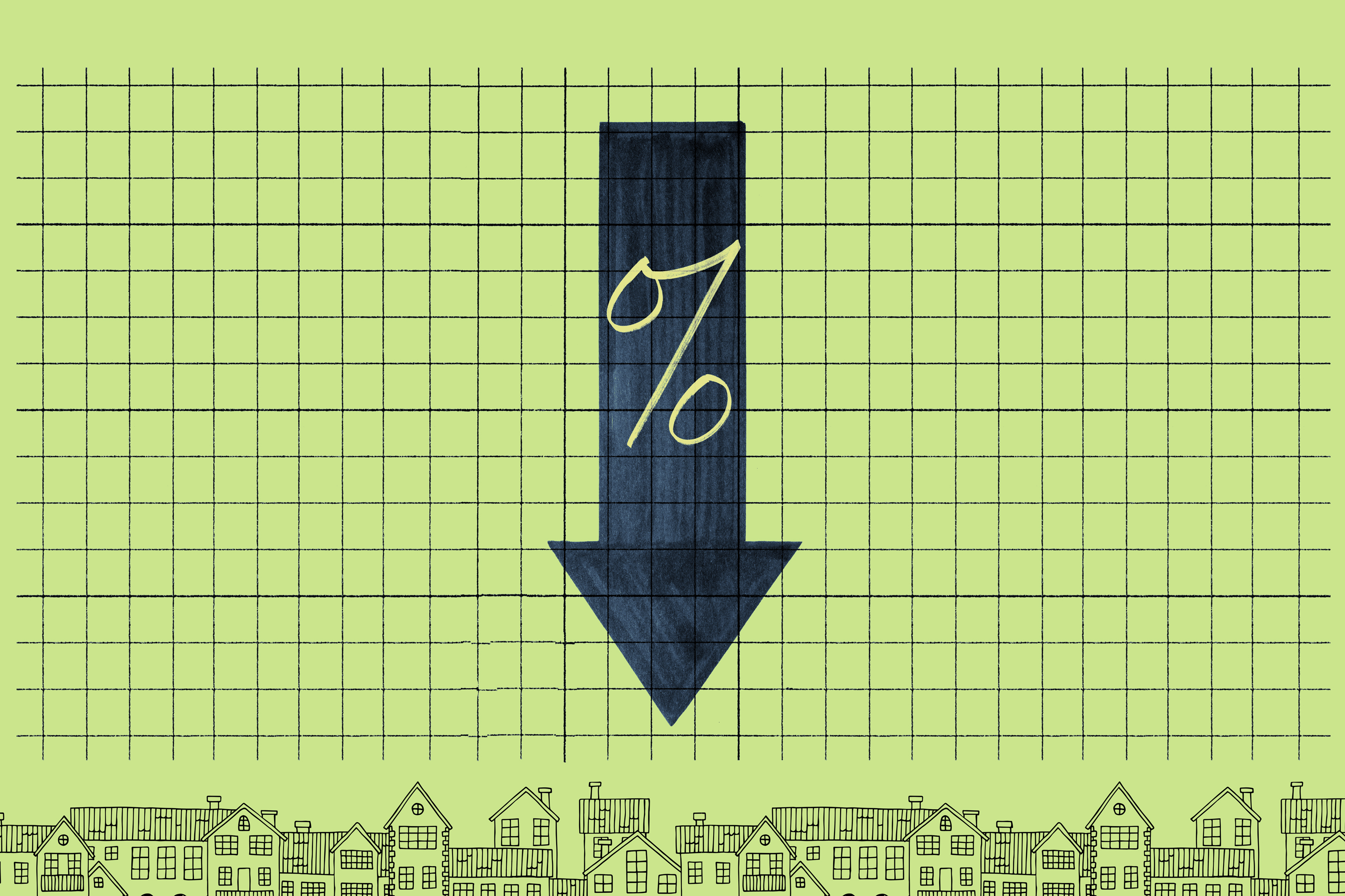A Mortgage Capital Obligation (MCFO) is a type of home loan pass-through unsecured basic commitment bond that has several classes or tranches. MCFOs utilize money circulation from a swimming pool of home mortgages that create profits to timeshare default repay financiers their principal plus interest. Payments are received from home loans in the swimming pool and handed down to holders of the MCFO security.
MCFOs do not hold a lien on the mortgages held by the security. They are merely obligated by agreement to use the income from the home mortgages to pay their investors. MCFO owners have no legal rights to the real hidden home loans, hence MCFOs are riskier than CMOs. Like CMOs, MCFOs are a form of mortgage-backed security developed through the securitization of individual property home mortgages that draw interest and principal payments from that particular pool of home mortgages.
Like CMOs, MCFOs plan mortgages into groups with various payment qualities and run the risk of profiles called tranches. The tranches are paid back with mortgage principal and interest payments in a specified order, with the greatest ranked tranches including credit improvement, which is a kind of defense versus prepayment risk and payment default.
The specified maturities of MCFO tranches are identified based on the date when the final principal from a pool of home mortgages is anticipated to be settled. However maturity dates for these kinds of MBS do not consider prepayments of the underlying mortgage and hence might not be a precise representation of MBS risks.
CMOs, MCFOs and other non-agency mortgage-backed securities those mortgage bonds not backed by the government-sponsored enterprises Fannie Mae, Freddie Mac or Ginnie Mae - were at the center of the financial crisis that resulted in the personal bankruptcy of Lehman Brothers in 2008 and led to trillions of dollars in losses on mortgage and countless house owners losing their houses to default.
In December 2016, the SEC and FINRA announced new rules to moisten MBS danger with margin requirements for CMO and associated MBS transactions.
Fascination About How Many Home Mortgages Has The Fha Made
A mortgage pool is a group of home loans held in trust as security for the issuance of a mortgage-backed security. Some mortgage-backed securities provided by Fannie Mae, Freddie Mac, and Ginnie Mae are referred to as "swimming pools" themselves. These are the simplest type of mortgage-backed security. They are also referred wesley mortgage to as "pass-throughs" and sell the to-be-announced (TBA) forward market.
Mortgage swimming pools, which are groups of home mortgages, tend to have similar attributes, such as issuance date, maturity date, etc. While mortgage-backed securities are backed by mortgage security with comparable attributes, collateralized financial obligation commitments are backed by security with varying attributes. An important benefit of home mortgage swimming pools is that they offer investors with diversification.

Home loan swimming pools are comprised of home loans that tend to have similar characteristicsfor instance, they will normally have close to the very same maturity date and interest rate. As soon as a loan provider finishes a home loan transaction, it normally offers the home loan to another entity, such as Fannie Mae or Freddie Mac. Those entities then package the home loans together into a home loan swimming pool and the home mortgage pool then functions as security for a mortgage-backed security.
A CDO is a structured monetary item that pools together cash flow-generating properties and repackages this property pool into discrete tranches that can be sold to financiers. A collateralized debt obligation is named for the pooled assetssuch as home loans, bonds and loansthat are basically financial obligation commitments that serve as security for the CDO.
Home mortgage swimming pool funds benefit financiers looking for real estate exposure because they are a low-risk financial investment that moves individually of a stock and bonds and provide a foreseeable month-to-month income. Home mortgage swimming pool fund loans are secured by property and are referred to as hard money because unlike many bank loans (which depend on the creditworthiness of the borrower), hard cash loans think about the value of the underlying property.
Because of their much shorter terms, tough cash loans are less susceptible to being affected by interest rate swings, which means it is a more foreseeable and trusted cash circulation. Like mentioned above, mortgage pool funds differ, where some concentrate on specific residential or commercial property types, while some are more general. These distinction can affect danger and return, so it is essential to research the different mortgage swimming pools before diving in.
The Buzz on What Kind Of People Default On Mortgages
There's absolutely nothing much better than stepping out your back entrance on a hot summer season day and jumping in your own pool. But take care when looking to purchase or re-finance a home with a pool. That swimming pool can trigger hold-ups in the mortgage procedure, or drown your loan application altogether.
Stubrud dealt with a customer who desired a reverse mortgage, but had an empty, aging swimming pool on the residential or commercial property. Reverse mortgages follow FHA standards, which are specific about swimming pools. "They do not want it to be a health threat or a security hazard that there's a big gaping hole in the ground." So what did the client do? "How they managed it was that they filled it in," states Stubrud.
The swimming pool ceased to exist. There were no other alternatives for this aging property owner who didn't have the money to get the swimming pool in working order. But Stubrud states the customer did raise an alternative concept. "They really wished to keep it and they were going have this below ground greenhouse.
Lots of property owners believe that what's on your property is your business. While that's partially true, you invite analysis to almost every inch of a house when you choose to finance it with the loan provider's money. It holds true for FHA loans as well as any other loan type. It boils down to security.
A pool that is a falling threat or is a breeding place for germs is a danger to the health of the residents. Not to mention it opens the homeowner up to suits (what kind of mortgages do i need to buy rental properties?). The same standards would apply to things like a missing stairs outside the back entrance, missing hand rails, or exposed lead-based paint.

Fixing the swimming pool to get it into working order will enable the loan process to continue. When purchasing a house, this could be a challenging circumstance. It's risky to utilize your own funds to make repairs on a home that's not yours yet especially pool repairs which can vary from a couple of hundred to a couple of thousand dollars - what is a non recourse state for mortgages.
Fascination About What Is The Default Rate On Adjustable Rate Mortgages
There may be another method to make repair work, nevertheless. "The debtor will require to obtain a bid for the required repairs," says Sarah Bohan, VP of Corporate Relations at MSU Federal Credit Union. "If the repair work are scheduled to occur after the closing, the lending institution will normally ask for to hold 1.
You get back any money left over after everything's done. However don't depend on this option, states Bohan. "Lots of loan providers are unable to permit repair work after the mortgage closes since they sell their loans on the secondary market and require to provide the loan within a set timeframe." Make sure your lender permits repairs after closing before you concur to buy a house with a decrepit pool.